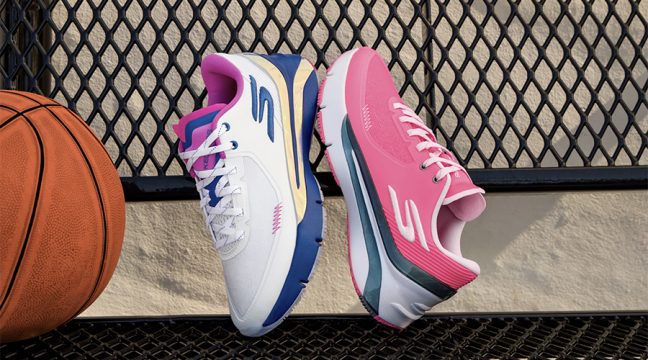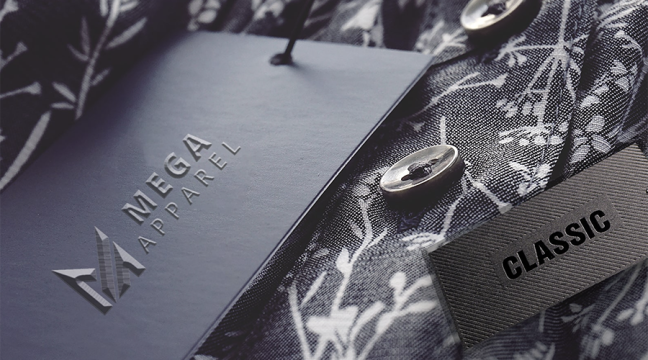Salomon announced the implementation of new, more sustainable designs across its Winter Sports category. The company’s more responsible approach to creating Winter Sports equipment, includes hardgoods, is another step toward realizing its overall commitment to lessening the brand’s environmental impact.
Most notably, by 2030, Salomon has pledged to reduce its overall carbon emissions by 30 percent and commits to creating 100 percent of its products with circular economy principles. Recognizing that the future of Alpine skiing, Nordic skiing and snowboarding are directly impacted by climate change, sustainability will be a significant aspect of Salomon’s performance parameters in the brand’s future winter sports products.
The company has set forth a plan to operate more sustainably by:
- Launching a range of progressive and sustainable winter sports products;
- defining a list of sustainability “basics” that all winter sports products must meet by 2025, in line with Salomon’s global sustainability strategy; and
- closely collaborate with its partners, distribution channels and the winter sports community to collectively work towards its sustainability goals.
Salomon Winter Sports has instituted several sustainability measures across its business, including reducing packaging, improving product durability and repairability, removing chemicals and materials of concern, and integrating the use of more sustainable materials.
“As the global leader in the winter sports category, we have a responsibility to set an example of how our winter sports business can operate in an increasingly sustainable manner,” said Xavier LeGuin, vice president of winter sports for Salomon. “The health of the sports we love is dependent on the planet. It’s time for us to do our part and help guide the way by sharing our sustainability pillars inside our winter sports business. In the future, we are hopeful that the entire winter sports industry will work together to advance efforts in this area and make a positive impact on the climate threat we are all facing.”
The technical nature of Winter Sports equipment leaves little room for design variability, where space is often made to implement sustainable elements in products. The nature of products like skis—made of metals, glass/carbon fibers, and wood—makes sustainable manufacturing a challenge for its R&D team; however, Salomon’s Winter Sports department has pledged to chart a new, more sustainable course in the years ahead, guided by the goals outlined in its overall sustainability commitments outlined in 2019.
S/MAX eSkin Nordic Ski Uses Recycled Plastic Bottles In Core Construction
Last month, Salomon introduced its S/MAX eSkin Nordic ski, the company’s first ski designed with recycled plastic bottles. The core is called S-CORE 45—the S represents sustainable and 45 represents the percentage of the core weight made from recycled Polyurethane (PET) foam from plastic bottles. The recycled PET is inserted into a Densolite mold, giving the S-Core 45 a blend of lightness and durability. S/MAX eSkin features the same thickness profile and sidecut as Salomon’s S/LAB Carbon Classic to maximize kick, glide and acceleration. The S/MAX eSkin ski will be available Fall 2021.
“The S/MAX eSKIN ski is the result of three years of research and development focused on reducing the impact of the raw materials, maintaining Salomon’s high durability standards and delivering the performance skiers expect—all at a competitive price,” said Aloïs Vacelet, Salomon’s product line manager for Salomon Nordic skis. “Through these developments, we are committed to making the sport more accessible.”
Solomon Winter Sports | Sustainability Taking Place
In addition to creating flagship products with a sustainable theme, the various categories within Salomon’s Winter Sports business have been working to incorporate sustainability “basics” that make a global impact in the following areas:
- Packaging: All cardboard packaging for Alpine and Nordic ski boots, snowboard boots, bindings, helmets, and goggles is 100 percent FSC-certified. All single-use plastics in snowboard boot packaging have been eliminated. Plastic bags around ski poles have been replaced with a small plastic clip, saving more than 5.4 tons of plastic per year (12.6 tons of CO2). The plastic window on goggle packaging has been replaced with a full FSC-certified cardboard box, eliminating the glue. 1 million single-use polybags have been eliminated since they were removed from snowboard binding packaging.
- Durability and Repairability: 100 percent of snowboard bindings are repairable and baseplates have a lifetime warranty, with an emphasis on re-use over consumption.
- Removal of Chemicals and Materials of Concern: 100 percent of all snowboard boots are PFC/PVC-free; snowboards use cork rails instead of rubber; the Nordic ski boot range will be PFC/PVC-free by FW 2023; and the alpine ski boot range will be PFC/PVC-free by FW 2025.
- Integrating Sustainable Materials: All skins for backcountry skiing, Nordic skiing and snowboarding split boards use Mohair sourced from sustainable and cruelty-free production. Snowboard core construction uses more bio-sourced materials and in all black colored alpine ski bindings, with 10 percent of the product manufactured from recycled materials.
“Our athletes are extremely passionate about environmental protection and conservation. The climate crisis is a real threat to their lifestyles and livelihood, so they have been critical in helping us drive our accountability and commitment to sustainability,” said Joe Johnson, alpine & nordic marketing manager, Salomon North America. “Longtime Salomon ski ambassadors like Cody Townsend, Mike Douglas, Chris Rubens, Leah Evans, among others, share a dream of working with a brand that not only has the best performing skis but is also a brand that is leading with a purpose to ensure the longevity of skiing.”









